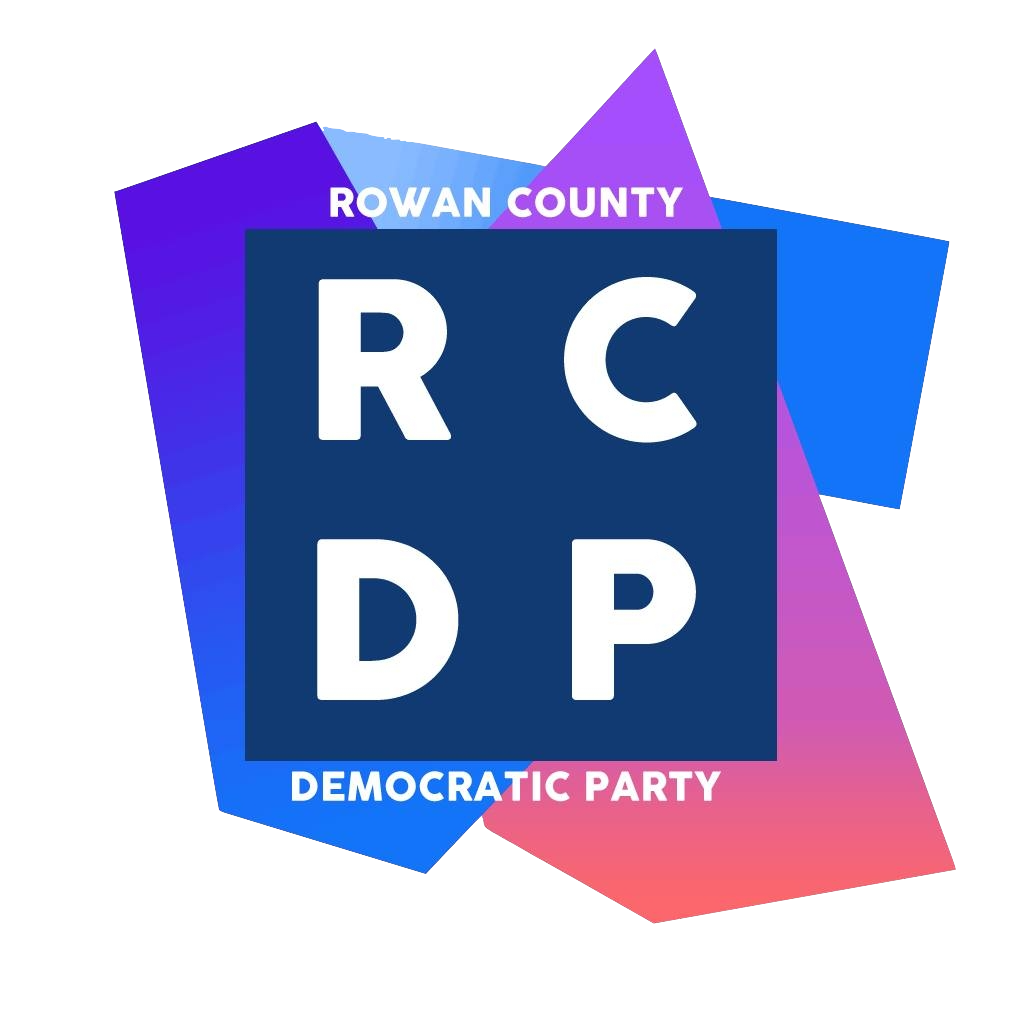“What happens when we begin to find the things that connect us?…” Pam Bloom
Fifteen year olds don’t miss much. Never think they aren’t watching, reflecting upon adult behavior.
Saturday was Salisbury PRIDE and I attended with my family. I spent much of the day at my church’s booth, handing out fans, bookmarks, and water. Our location across from the dance stage provided a prime seat to see folks enjoying this community event.
Observing the families, the performers, the adults, the children, I saw genuine smiles; happy and relaxed people of all ages; politeness; eye contact. Folks were delighted for the chance to dance and sing together, to see professional entertainers, to be in a space that felt harmonious.
People were shopping, chatting, and enjoying all the freebies at the community tables, from sunscreen and water to pinwheels and fans. My 15 year old spoke of watching adults find their inner child with the gift of a pinwheel or a chance to blow bubbles. She noted the PRIDE Peacekeepers in their identifiable shirts and their kindness as they interacted with the crowd.
When an organization believes in freedom for and supports “the expression of diverse perspectives,” a PRIDE statement, perhaps you learn that kindness goes a long way toward building community. We had one person approach our church table, spewing views inconsistent with our church principles. We offered him a fan and listened quietly as the peacekeepers stood patiently behind him before he moved on.
There was also a very tall and very noticeable man dressed all in white, standing on the sidewalk in front of the public library for hours. He had many concerns and beliefs to express and share with those attending and that, in my opinion, included judgmental finger pointing. Peacekeepers stood protectively in front of him, protecting his right to speak passionately and with intensity and without being subjected to any rebuttal. PRIDE isn’t a debate stage.
I listened to his message for a while, admittedly shaking my head in disagreement. When I heard him later that afternoon his message seemed to have changed. He asked questions that seemed to border on “why can’t you believe like me” rather than his earlier challenging proclamations. His tone was different. I had to wonder if he had felt the love emanating from the crowd and I hoped he had begun to see the actual people rather than the “other” that he seemed determined to save. Would he realize he had something in common with those attending? Things like beliefs that individuals hold true and valid even if others disagree. Even his choice of dress for the day was no less spectacular or to be ignored than his community neighbors dressed in their carefully chosen PRIDE attire.
What happens when we begin to find the things that connect us?
When we left PRIDE around 4:30 my granddaughter pointed out the tall man in white. He now chose to sit on the steps rather than stand and point and talk. With his white clothed elbows and knees jutting outwards as he sat, I can only describe the look on his face and his posture as despondent.
My artistic granddaughter asked why I didn’t take his photograph at that moment, adding that it could be an iconic portrayal of the end of the day. I was tempted to preserve that moment for the startling visual image and, if truth be told, for my personal satisfaction. But to what end? Since I’m not a photojournalist, I felt that taking his photo at that moment would have been treating him as an object rather than a person. As an “other,” rather than as a fellow human.
I hope that joining the party helped many of us to think a bit deeper and be more considerate. Maybe we need to stop these political culture wars that are targeting our LGBTQ+ community. Perhaps, just perhaps, he and I both learned something new about the acceptance of others through experiencing PRIDE and opening our hearts. And perhaps my 15 year old observed that kindness matters and that being different from someone else is just that, being different and being human and not a label to extinguish a group’s right to exist with freedom to live their personal lives.
Pam Everhardt Bloom

